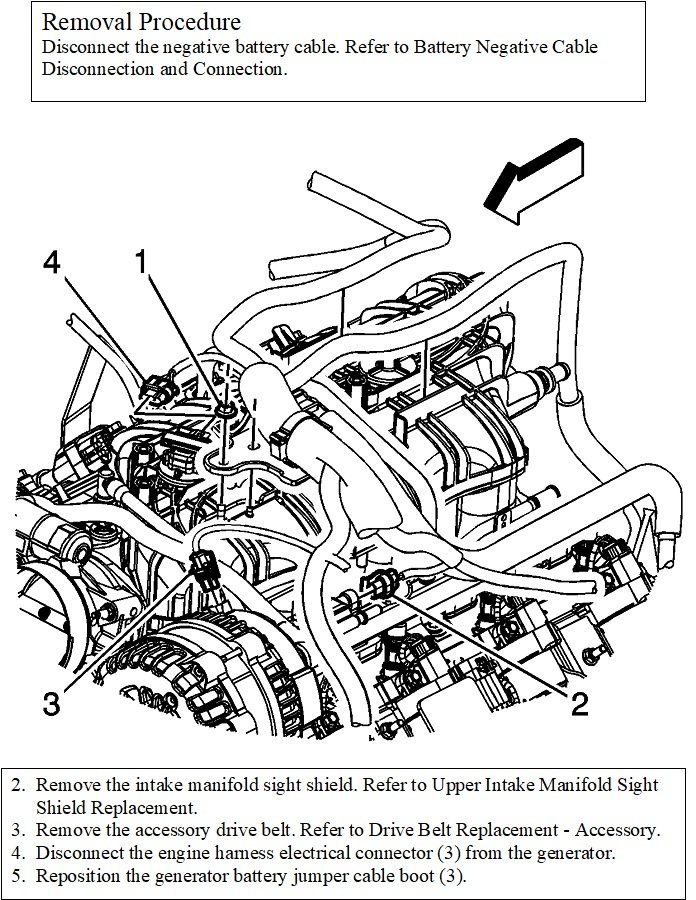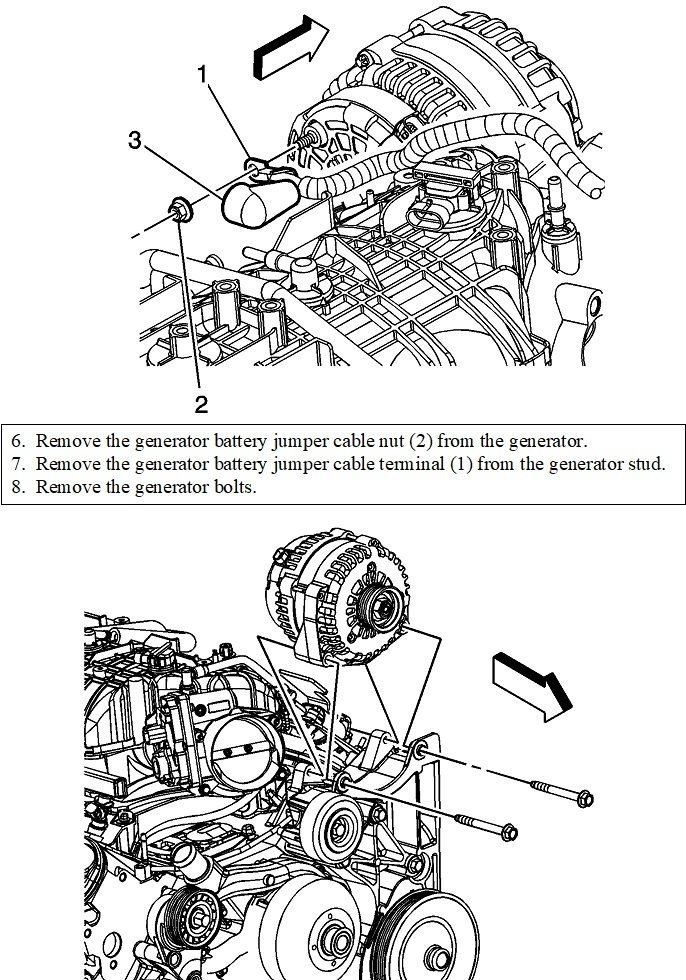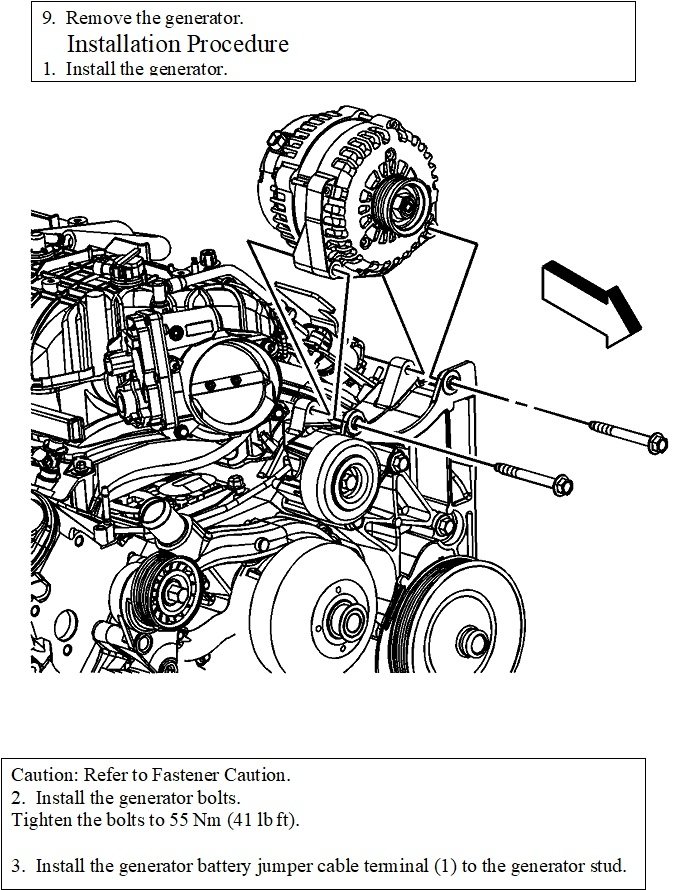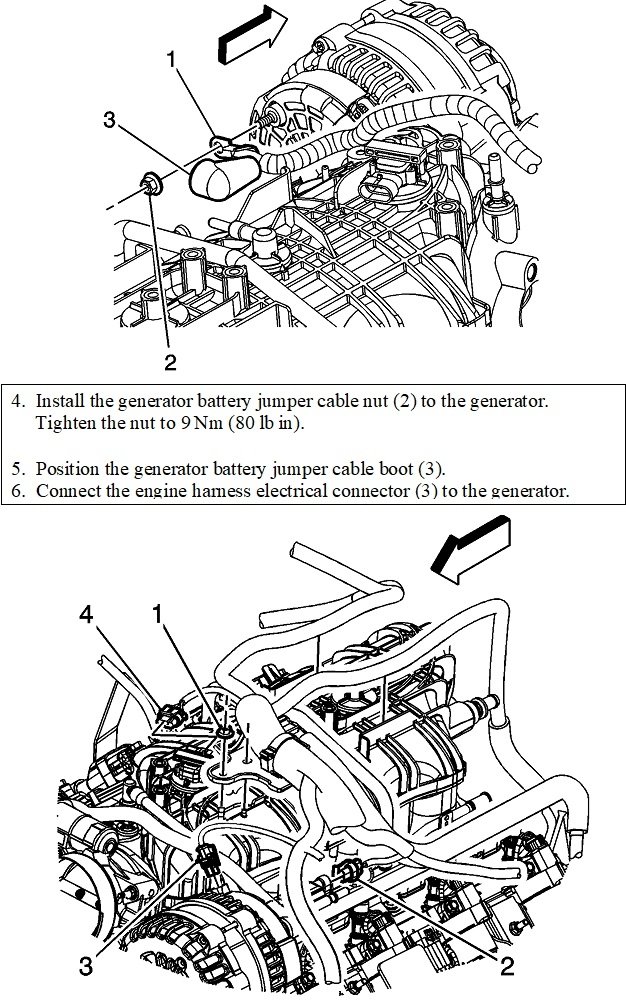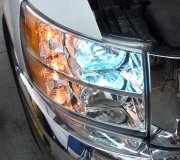I suspect you're right. The best suspect is a failed generator. Start by charging the battery for a few hours at a slow rate with a small home battery charger, then have the charging system professionally tested, or follow this guide:
https://www.2carpros.com/articles/how-to-check-a-car-alternator
Here's a link to an article on using a voltmeter if you need it:
https://www.2carpros.com/articles/how-to-use-a-voltmeter
If you don't have a voltmeter, you can find a perfectly fine one at Harbor Freight Tools, Walmart, or any hardware store for less than ten dollars. The article shows using the more expensive "auto-ranging" meter. The lower-cost manual meters work just fine. I can help you set it up if necessary.
A good, fully charged battery will read 12.6 volts with the engine not running. It should jump up to between 13.75 and 14.75 volts with the engine running. If it stays near 12.6 volts, suspect the generator has failed. Don't concern yourself with the other warning lights yet. If system voltage is low due to the failed charging system, some computerized engine controls will be less efficient and that could lead to increased emissions. It's diagnostic fault codes related to possible increased emissions that turn on the Check Engine light.
Similarly, the anti-lock brake system requires proper electrical system voltage to be able to operate properly. Since that can't be guaranteed with low system voltage, the ABS Computer shuts the system down leaving you with the standard brake system we've had for many decades. Traction Control is simply an add-on option to the ABS system, so it will be disabled too. Both of those systems will go back to normal operation once the charging system is working.
This last comment applies only to GM vehicles, 1987 and newer models. The redesigned generators are well-known for developing huge, harmful voltage spikes that can destroy the generator's internal diodes and voltage regulator and interfere with computer sensor signals. The battery is the key component in damping and absorbing those spikes, but they gradually lose their ability to do that as they age and the lead flakes off the plates. Charging the battery with a home charger on a high rate vibrates the plates and hastens how quickly that lead flakes off. That can shorten the battery's remaining life by months, but of more importance is the loss of that spike damping ability. It used to be real common on GM vehicles to go through four to six replacement generators in the life of the vehicle. To reduce that number of repeat failures, replace the battery at the same time as you need to replace the generator, unless that battery is less than about two years old. The old battery will usually still work just fine in an '86 or older model.
If testing proves my suspicion is correct, here's the instructions for generator replacement should you choose to do this yourself. This applies to every engine except the 4.3L.
Images (Click to make bigger)
SPONSORED LINKS
Friday, May 27th, 2022 AT 7:54 PM
